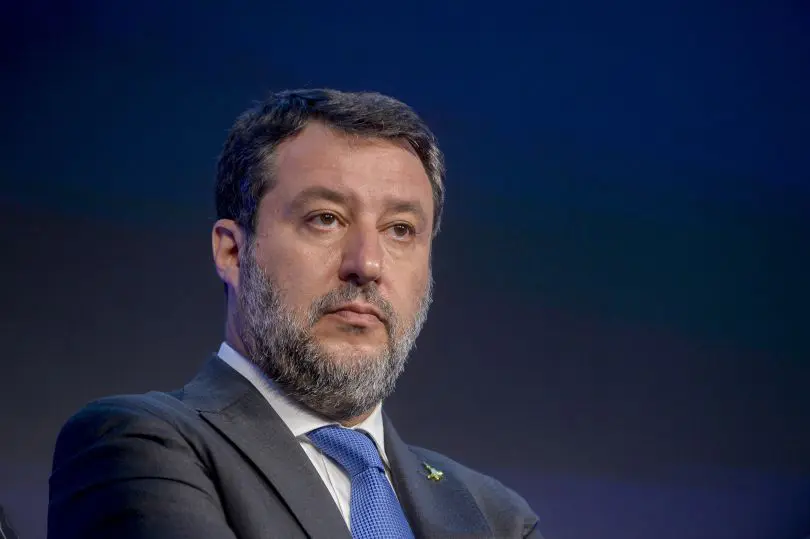With a nationwide strike set for Friday, November 29, tensions are rising between unions CGIL and UIL and Deputy Prime Minister Matteo Salvini. The strike, the third against the Meloni government’s budget law, has already sparked a legal standoff. Responding to the Strike Commission’s recommendation, Salvini ordered the transport sector’s strike duration reduced from 8 to 4 hours. While the unions, led by Maurizio Landini and Pierpaolo Bombardieri, argue they’re within their legal rights, Salvini signed a formal directive to enforce the reduction.
The unions plan to challenge the directive in court, labeling it a “legal overreach.” Despite a conciliatory meeting held at the Ministry of Infrastructure, no compromise was reached. Salvini maintains his stance, citing the need to protect public mobility and reduce disruptions. Meanwhile, CGIL and UIL accuse him of undermining workers’ rights, noting that the Commission’s actions align with government pressure. Friday’s strike will impact sectors across the board—except rail transport—with demonstrations planned in cities like Bologna and Naples.
The debate extends to political circles, with the Democratic Party siding with the unions. “Salvini is methodically eroding the constitutional right to strike,” said party representatives Arturo Scotto and Maria Cecilia Guerra. As the dispute unfolds, the broader issues of wages, pensions, and public services remain at the heart of the unions’ protest, emphasizing the inadequacies of the current budget law.

